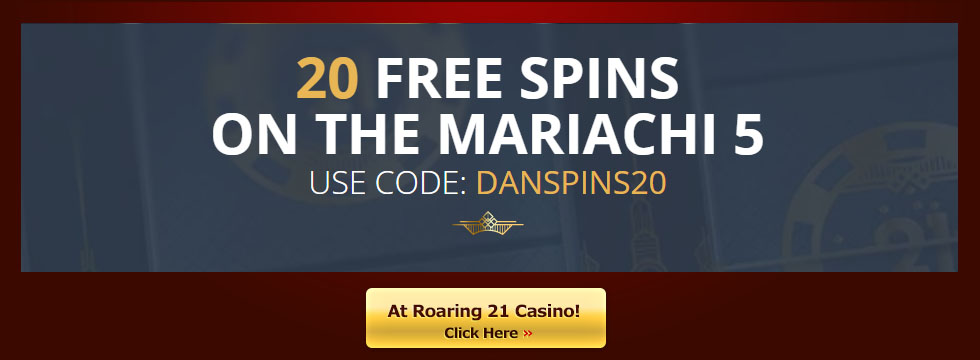Step right into the thrilling world of poker! Whether you’re a rookie or a seasoned pro, the quest for sharpening your poker prowess never loses its charm. Get ready to unlock the secrets that will catapult you to a winning edge at the poker table. This guide is your VIP pass to a poker masterclass, covering everything from hand-picking the perfect starting cards to mastering the art of bankroll wizardry. It’s time to deal yourself a winning hand – your journey to poker greatness begins here!

Choosing the Right Starting Hands
Knowing which starting hands to play is crucial in poker strategy. While it may be tempting to play every hand, it’s important to focus on premium hands like pocket aces, kings, queens and ace-king. These hands have a higher probability of winning and can put you in a strong position from the start. Here are some essential strategy tips to help you make the best decisions:
- Understand hand rankings: Familiarize yourself with the different hand rankings to help you determine the value of your starting hand
- Avoid weak hands: Stay away from weak starting hands such as low-value off-suit cards or mismatched low connectors
- Be aware of your opponents: Pay attention to the playing style of your opponents
Furthermore, it’s essential to consider your position at the table when deciding which hands to play. Suited connectors or small pairs can be profitable in a late position when you have more information about your opponents’ actions. However, in an early position, it’s best to stick to the premium hands mentioned earlier. By following these guidelines, you can increase your chances of success in poker.
Reading Your Opponents’ Tells
One of the most essential abilities in poker is the art of deciphering your opponents’ tells. A tell, in this context, refers to a subtle hint or action that reveals valuable insights about the strength of their hand. It could be as inconspicuous as a slight twitch or a change in their breathing rhythm. By closely observing your adversaries, you can effortlessly detect these tells and cleverly exploit them to your benefit. Here are some tells you can focus on:
- Pay attention to their breathing
- Watch for eye movements
- Notice their hand gestures
- Observe their posture and body language
- Listen to their speech patterns
Mastering the art of reading your opponents’ tells is a pivotal skill in the world of poker, one that can significantly tilt the odds in your favor. However, it’s crucial to understand that not all tells are foolproof, as wily players might consciously aim to mislead you. But fear not, because by keenly observing their behavior, recognizing patterns and staying alert for any inconsistencies, you can gradually elevate your decision-making prowess at the poker table. This skill is about learning to harness the subtle cues and decipher the psychology of your opponents, providing you with a more comprehensive toolkit for success in the game.
Knowing When to Fold and When to Hold
One common mistake that many poker beginners tend to make is holding onto feeble hands for far too long. It’s crucial to recognize the right moment to fold and minimize your losses. When you find yourself with a weak hand and your adversaries are placing aggressive bets, it’s often wise to fold and patiently await a more favorable opportunity.
However, it’s equally vital to understand when to hold onto a hand and ride out the betting. If you possess a strong hand and your opponents display signs of vulnerability, it might be advantageous to stick around and attempt to extract maximum value from the pot.
You can check out tightpoker.com as they have articles and guides that can further help you out. These include guides on odds, positions, betting strategies and so much more. But remember, poker is a game of skill and strategy, not just luck. Making smart decisions about when to fold and when to hold can greatly increase your chances of success.
Managing Your Bankroll and Setting Limits
Commencing your poker journey is akin to embarking on a thrilling adventure, replete with captivating moments. Yet, amid the excitement, it is vital to embrace a strategic mindset. Picture poker as a high-stakes expedition where an absence of the correct strategy can lead to losses that might exceed your comfort zone. Prior to immersing yourself in the action, visualize your role as a financial captain, navigating the seas toward success.
Envision this: you’re not just setting sail, but you’re also equipped with a meticulously crafted financial blueprint tailored to your specific circumstances. This plan is your anchor, a promise to yourself that you will abide by it, regardless of temptations. It serves as your guardian against impulsive choices and the siren song of overspending.
Now, here’s where it gets even more fascinating. Imagine possessing a concealed ace up your sleeve—a stop-loss strategy. Think of it as your emergency exit, your “get out of jail” card. You establish a predefined threshold for the maximum amount you’re willing to lose during a single gaming session. When that threshold is reached, you make a graceful exit, confident in the knowledge that another day of play awaits.







